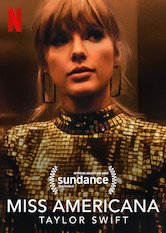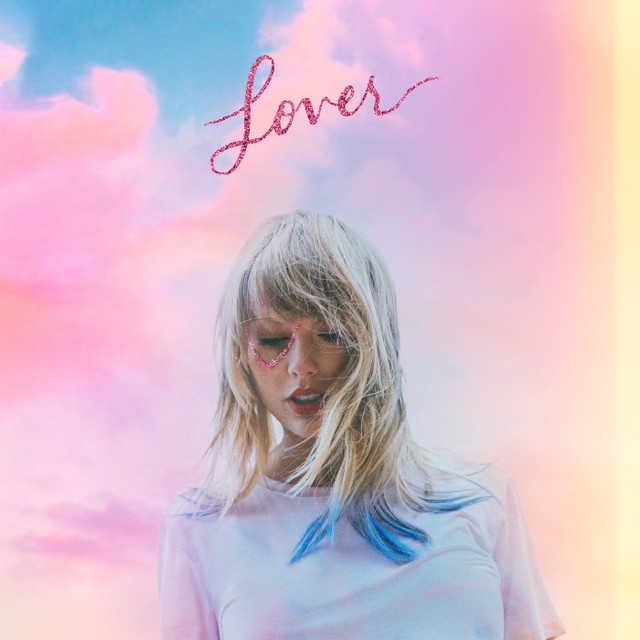Graham Reid | | 2 min read

When Taylor Swift's Netflix documentary Miss Americana debuted in January, keyboard fury on social media accused this young pop upstart (who was 30) of appropriating the name of a genre defined by authentic American voices and music.
In truth, “Americana” is just a taxonomic device, as vague as “jazz”, “pop”, or “alternative”.
However if anyone has been a voice for, and spoken to, young Americans these past 15 years it has been Swift.
A song like Meansupported marginalised high school kids, Fifteen was as meaningful to Swift's audience as Janis Ian's Seventeen had been 35 years previous and We Are Never Ever Getting Back Together was a self-assertive break-up song with withering lines like “find your peace of mind with some indie record that's much cooler than mine”.
Swift's songs exist between giving expression to her audience and autobiography, and in Miss Americana sheadmits when young she just wanted to be liked as a good girl country singer who kept her opinions to herself.
But Kayne West's boorish stage intrusion at the 2009 VMA robbed her – at just 17 – of her moment and occasioned self-doubt. She was relentlessly attacked and body-shamed on social media and in 2015 appeared in court when a radio DJ she accused of sexual assault lost his job and sued her. She won and – as a confident woman, no longer a reserved girl – openly supported Democrats in the 2018 mid-term Senate elections in her home state Tennessee against arch-conservative Marsha Blackburn: “Trump in a dress”, she said.
With 112 million Instagram followers, Swift used her clout to get young people registered and although Blackburn won she is determined now not to be silenced.
 Swift's current album Lover – which doesn't abandon her teen audience – is replete with personal and social messaging.
Swift's current album Lover – which doesn't abandon her teen audience – is replete with personal and social messaging.
In the video for The Man – co-written with producer Joel Little who appears frequently in the doco– sheplays a swaggering, suit-wearing, cigar-smoking alpha-male.
Swift's not the first woman to adopt men's attire. That lineage includes Katherine Hepburn, Cher, Kate Beckinsale (Harvey Weinstein apparently told her the white suit she wore at a 2001 premiere made her look like a lesbian) and Laurie Anderson.
But here it is a visual signifier in a barbed song calling out gender inequality: “I'm so sick of running as fast as I can, wondering if I'd get there quicker if I was a man”.
Taylor Swift controls her art in a male-dominated industry and she's not going away or apologising.
With Lover and her approved Miss Americana – which cynics might say is Swift now adopting the role of “woke” – Taylor Swift is a significant and articulate American woman in the #MeToo, post-Weinstein, LGBTQ era.
With a voice.





post a comment